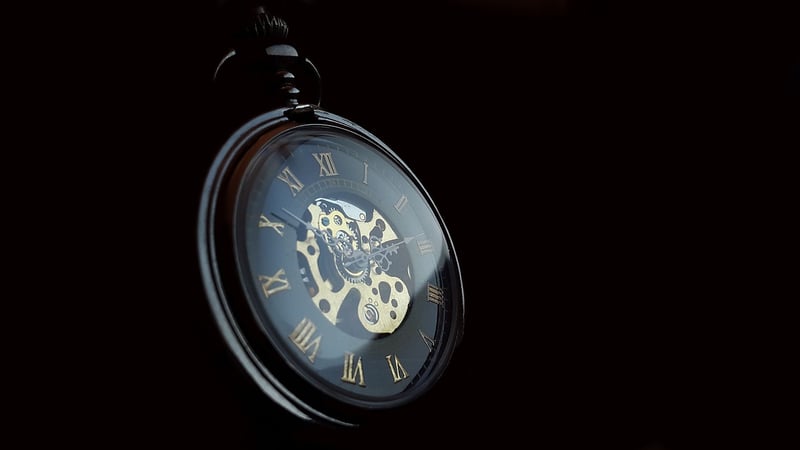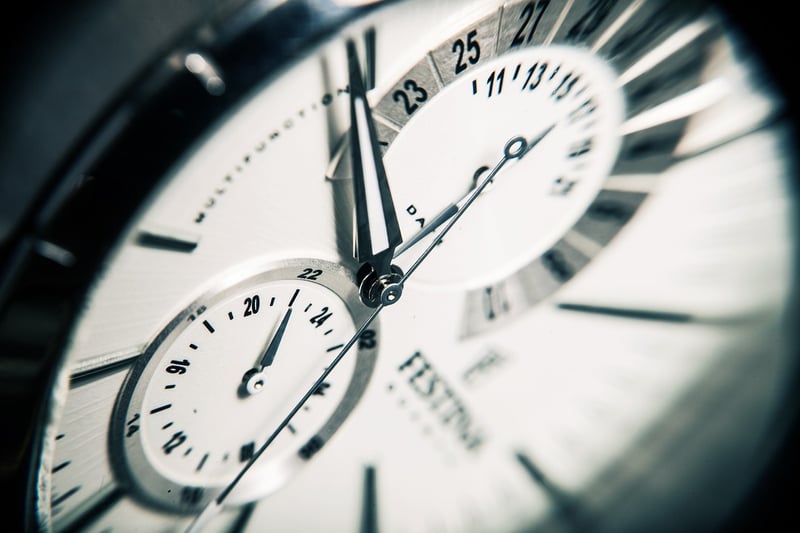Time Loop Theory
Dive into Time-Travel Paradoxes and Time Loop Theory
Time travel has been a staple in science fiction for decades, captivating audiences with its mind-bending concepts and paradoxes. Let's explore some of the most fascinating aspects of time-travel paradoxes and delve into the intriguing Time Loop Theory.
Time-Travel Paradoxes
One of the most famous time-travel paradoxes is the grandfather paradox, where a time traveler goes back in time and prevents their grandfather from meeting their grandmother, thus preventing their own birth. This creates a paradox - if the traveler was never born, how could they go back in time to prevent their grandfather meeting their grandmother?
Another paradox is the bootstrap paradox, where an object or information is sent back in time in a loop with no clear origin. For example, a time traveler gives Beethoven a score of his own music, and Beethoven becomes inspired to write the music, leading to a loop with no original composer.
Time Loop Theory
Time Loop Theory suggests that time is not a straight line but a loop, where events are destined to repeat themselves endlessly. This theory implies that time travelers cannot change the past or the future because their actions are already part of the loop.
According to this theory, every action taken by a time traveler to alter the past will inadvertently lead to the events they were trying to prevent, creating a self-fulfilling prophecy. This concept adds a layer of complexity to the idea of time travel and raises thought-provoking questions about fate and free will.
Conclusion
Time-travel paradoxes and Time Loop Theory offer a fascinating glimpse into the complexities of time and causality. Whether you're a science fiction enthusiast or a casual observer, exploring these concepts can spark your imagination and challenge your perception of reality.


For more information on time-travel paradoxes and theories, check out Wikipedia's Time Travel page.
